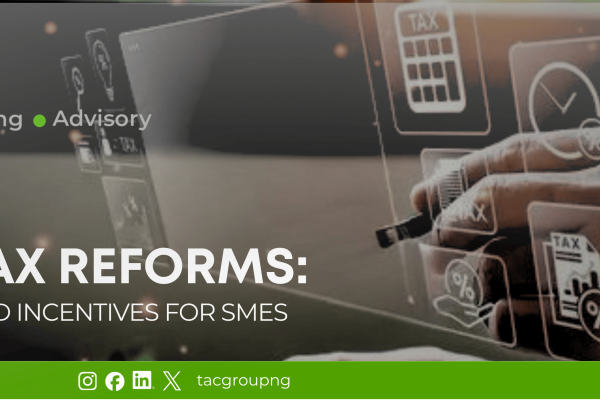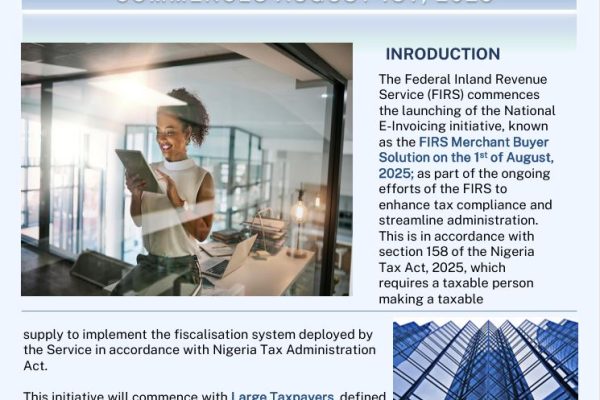” Forensic Accounting: Skills, Certifications, and Career Paths”
Forensic Accounting: Skills, Certifications, and Career Paths
Forensic accounting is a specialized field within accounting that focuses on investigating financial discrepancies and fraud. As businesses and organizations become increasingly complex, the demand for forensic accountants has surged. If you’re interested in pursuing a career in this intriguing field, it’s essential to understand the skills required, the certifications that can bolster your qualifications, and the various career paths available. This comprehensive guide will provide an in-depth look at career opportunities in forensic accounting, helping you navigate this dynamic and rewarding profession.
What is Forensic Accounting?
Forensic accounting involves the application of accounting principles to investigate financial crimes and disputes. Forensic accountants use their expertise to uncover fraud, embezzlement, and other financial irregularities, often working closely with law enforcement agencies, legal teams, and corporate management.

Key Responsibilities of Forensic Accountants
- Investigating Financial Irregularities: Analyzing financial records to detect fraudulent activities.
- Collecting and Analyzing Evidence: Gathering evidence that can be used in legal proceedings.
- Reporting Findings: Preparing detailed reports and presenting findings to stakeholders or in court.
- Providing Expert Testimony: Serving as expert witnesses in legal cases involving financial matters.
Essential Skills for a Forensic Accountant
To excel in forensic accounting, you need a combination of technical and soft skills. Here’s a breakdown of the most important skills for a successful career in this field:
Analytical Skills
Forensic accountants must be adept at analyzing complex financial data to identify inconsistencies and patterns that may indicate fraud. Strong analytical skills enable you to scrutinize financial statements, detect anomalies, and trace illicit transactions.
Attention to Detail
Every detail counts when investigating financial discrepancies, as small errors can lead to incorrect conclusions. Attention to detail ensures thorough and accurate analysis of financial records.
Communication Skills
Effective communication is essential, as forensic accountants must present their findings clearly and concisely to non-financial stakeholders, including legal professionals and clients. Strong writing and verbal communication skills are critical for drafting reports and testifying in court.
Problem-Solving Abilities
Forensic accountants often face complex and challenging cases. The ability to think critically and solve problems creatively is necessary for uncovering hidden financial activities and developing strategies to address them.
Technical Proficiency
Proficiency in accounting software and data analysis tools is essential. Familiarity with software such as Excel, QuickBooks, and specialized forensic accounting tools can enhance your efficiency and accuracy.
Certifications for Forensic Accountants
Certifications can significantly enhance your credibility and career prospects in forensic accounting. Here are some key certifications to consider:
Certified Fraud Examiner (CFE)
Offered by the Association of Certified Fraud Examiners (ACFE), the CFE credential is highly regarded in the field of forensic accounting. It demonstrates your expertise in detecting and preventing fraud, covering areas such as financial transactions, fraud investigation techniques, and legal considerations.
How to Obtain the CFE Certification:
- Education and Experience: Typically, a bachelor’s degree in accounting or a related field, along with professional experience in fraud examination.
- Examination: Pass the CFE exam, which includes sections on Fraud Prevention and Deterrence, Financial Transactions, and Legal Elements of Fraud.
- Continuing Education: Maintain certification through ongoing education and professional development.
Certified in Financial Forensics (CFF)
The CFF credential, awarded by the American Institute of CPAs (AICPA), is designed for CPAs specializing in forensic accounting. This certification covers forensic accounting techniques, litigation support, and fraud prevention.
Requirements for the CFF Certification:
- CPA License: Hold a valid CPA license.
- Experience: Demonstrate experience in forensic accounting.
- Examination: Pass the CFF exam.
- Continuing Education: Engage in continuing professional education.
Certified Public Accountant (CPA)
While not specific to forensic accounting, the CPA credential is a foundational certification that enhances your qualifications and provides a strong base for pursuing specialized certifications like CFE or CFF.
Career Paths in Forensic Accounting
Forensic accounting offers a diverse range of career opportunities across various sectors. Here are some common career paths:
Forensic Accountant
As a forensic accountant, you’ll work on investigating financial fraud, analyzing financial data, and providing expert testimony in legal cases. You may be employed by accounting firms, law enforcement agencies, or as an independent consultant.
Fraud Investigator
Fraud investigators focus on detecting and preventing fraudulent activities within organizations. They often work in collaboration with forensic accountants to analyze financial records, conduct interviews, and gather evidence.
Litigation Support Specialist
Litigation support specialists provide assistance during legal proceedings involving financial disputes. They help prepare financial evidence, support legal teams with financial analysis, and provide expert testimony in court.
Compliance Officer
Compliance officers ensure that organizations adhere to regulatory requirements and internal policies. In a forensic capacity, they may be involved in investigating compliance violations, assessing internal controls, and implementing preventive measures.
Internal Auditor
Internal auditors evaluate and improve an organization’s internal controls and risk management processes. Forensic internal auditors focus specifically on detecting and investigating fraudulent activities within the organization.
Forensic Accounting Consultant
As a consultant, you provide specialized expertise to clients on forensic accounting matters. This role often involves working on a project basis, offering advice on fraud prevention, conducting investigations, and providing litigation support.
Educational Pathways for Forensic Accounting
To pursue a career you typically need a solid educational foundation. Here’s a typical educational pathway:
Undergraduate Degree
A bachelor’s degree in accounting, finance, or a related field is essential. Coursework in financial accounting, auditing, and fraud examination provides a strong base for a career in forensic accounting.
Advanced Degrees
While not always required, obtaining a master’s degree in forensic accounting or a related field can enhance your knowledge and career prospects. Advanced degrees often offer specialized courses in fraud examination, litigation support, and financial forensics.
Continuing Education
Forensic accountants must stay updated with industry trends and regulatory changes. Continuing education through professional organizations, workshops, and seminars helps you maintain your certifications and stay current in the field.
Forensic accounting is a dynamic and rewarding field that combines financial expertise with investigative skills. With the increasing complexity of financial transactions and the growing need for fraud prevention, career opportunities in expanding. By acquiring the necessary skills, obtaining relevant certifications, and exploring various career paths, you can position yourself for success in this specialized profession. Whether you’re drawn to investigating financial crimes, providing litigation support, or ensuring compliance, forensic accounting offers diverse and fulfilling career opportunities.
Author











